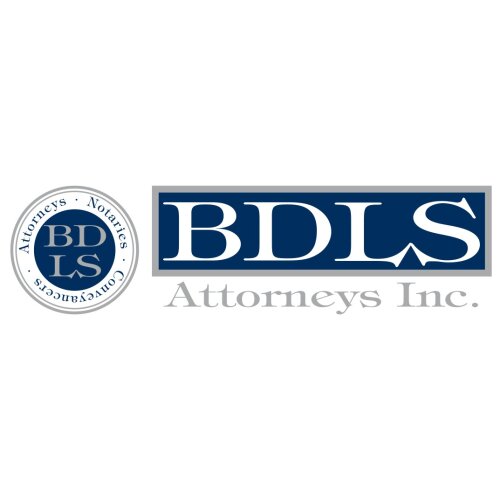Best Creditor Lawyers in Port Elizabeth
Share your needs with us, get contacted by law firms.
Free. Takes 2 min.
List of the best lawyers in Port Elizabeth, South Africa
About Creditor Law in Port Elizabeth, South Africa
Creditor law revolves around the legal rights and obligations that arise when an individual or business lends money or resources and is then owed that debt by another individual or entity. In Port Elizabeth, like in the rest of South Africa, regulations govern how creditors can file claims for monies owed, the procedures for debt collection and declare someone insolvent.
Why You May Need a Lawyer
If you are a creditor, you may need legal advice on how to recover a debt legally and effectively. Alternatively, if you are a debtor, you might require legal help facing aggressive creditors, coping with debt collection methods, understanding terms of borrowing or even filing for bankruptcy. In both scenarios, understanding the legal landscape will help protect your rights and interests.
Local Laws Overview
South African Creditor Law is guided by the National Credit Act which is designed to protect the consumer and ensure fair and non-discriminatory lending practices. It includes laws on debt collection (like Prescription Act) which specify the period within which a creditor can claim a particular debt, as well as the bankruptcy law, insolvency law, and laws that control the conduct of debt counselors and debt collection agencies.
Frequently Asked Questions
What is the National Credit Act?
The National Credit Act is the primary South African legislation that regulates the lending of money. It sets out the responsibilities of creditors and the rights of consumers.
What are the limits on debt collection?
The Prescription Act stipulates that a debt expires if after three years the debt has not been claimed and the debtor has not acknowledged the debt.
What happens when a debtor declares bankruptcy?
When a debtor becomes bankrupt, an estate is created, which is then administered by a trustee under the supervision of the Master of the High Court. The trustee will sell the debtor's assets and use the proceeds to repay creditors.
Can a debtor challenge unjust loan terms?
Yes, according to the National Credit Act, a debtor can challenge a credit agreement if they believe it to be reckless or unfair.
What happens if a creditor does not comply with the National Credit Act?
If a creditor does not comply with the National Credit Act, they face penalties, including fines and imprisonment. A non-compliant credit agreement can also be declared void by a court.
Additional Resources
For additional information on Creditor law, the South African Department of Justice and Constitutional Development is a good resource. The National Credit Regulator (NCR), established under the National Credit Act, also provides information about credit regulations and protects consumer rights.
Next Steps
The first step in seeking legal advice for creditor matters in Port Elizabeth is to consult a local law firm specializing in Creditor Law. A legal professional will be able to guide you based on your specific circumstances, advise you on how to proceed, and represent your interests in any potential legal actions.
Lawzana helps you find the best lawyers and law firms in Port Elizabeth through a curated and pre-screened list of qualified legal professionals. Our platform offers rankings and detailed profiles of attorneys and law firms, allowing you to compare based on practice areas, including Creditor, experience, and client feedback.
Each profile includes a description of the firm's areas of practice, client reviews, team members and partners, year of establishment, spoken languages, office locations, contact information, social media presence, and any published articles or resources. Most firms on our platform speak English and are experienced in both local and international legal matters.
Get a quote from top-rated law firms in Port Elizabeth, South Africa — quickly, securely, and without unnecessary hassle.
Disclaimer:
The information provided on this page is for general informational purposes only and does not constitute legal advice. While we strive to ensure the accuracy and relevance of the content, legal information may change over time, and interpretations of the law can vary. You should always consult with a qualified legal professional for advice specific to your situation.
We disclaim all liability for actions taken or not taken based on the content of this page. If you believe any information is incorrect or outdated, please contact us, and we will review and update it where appropriate.









